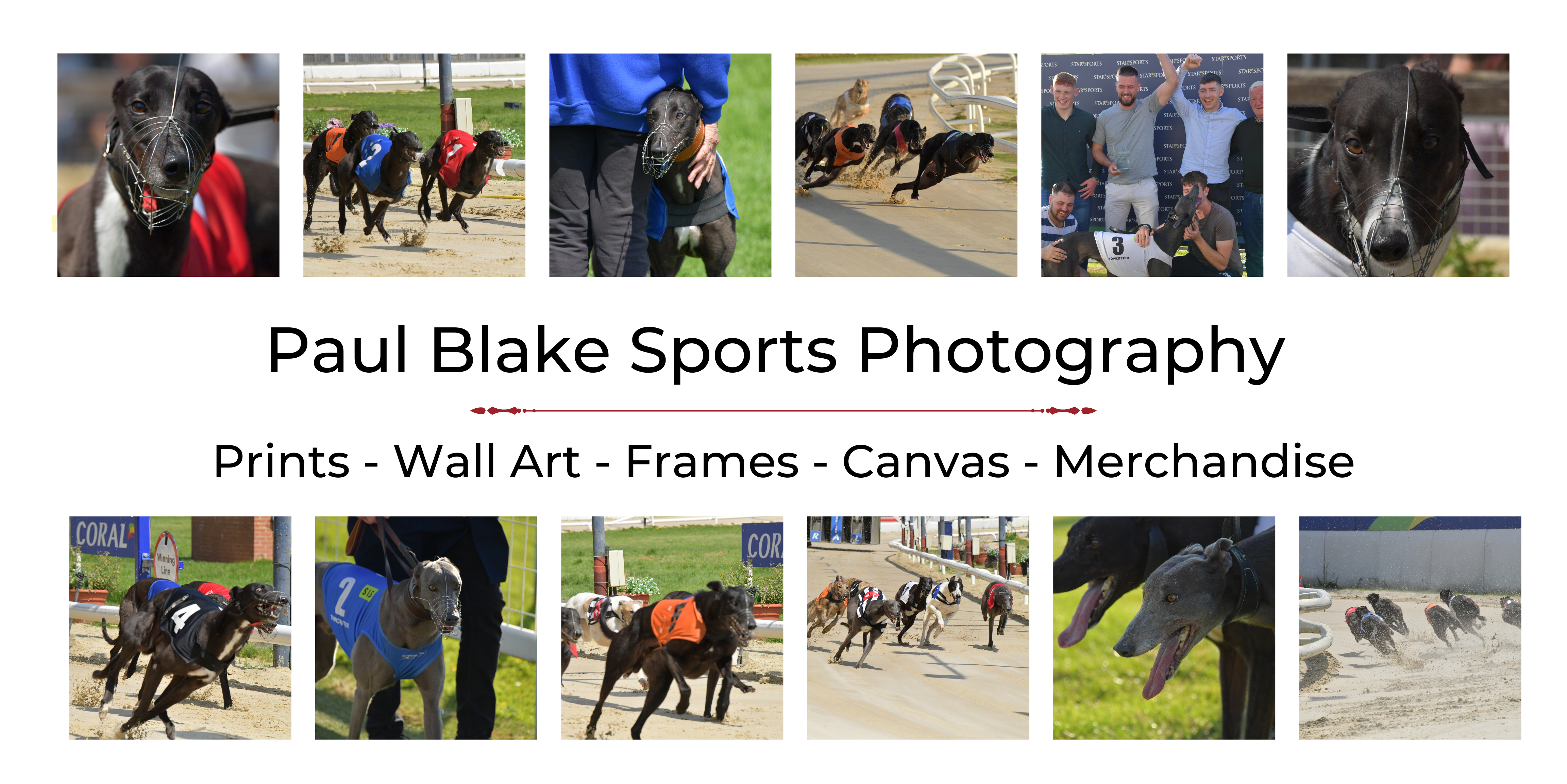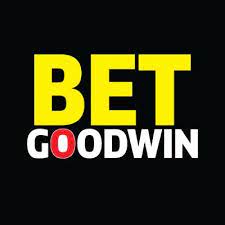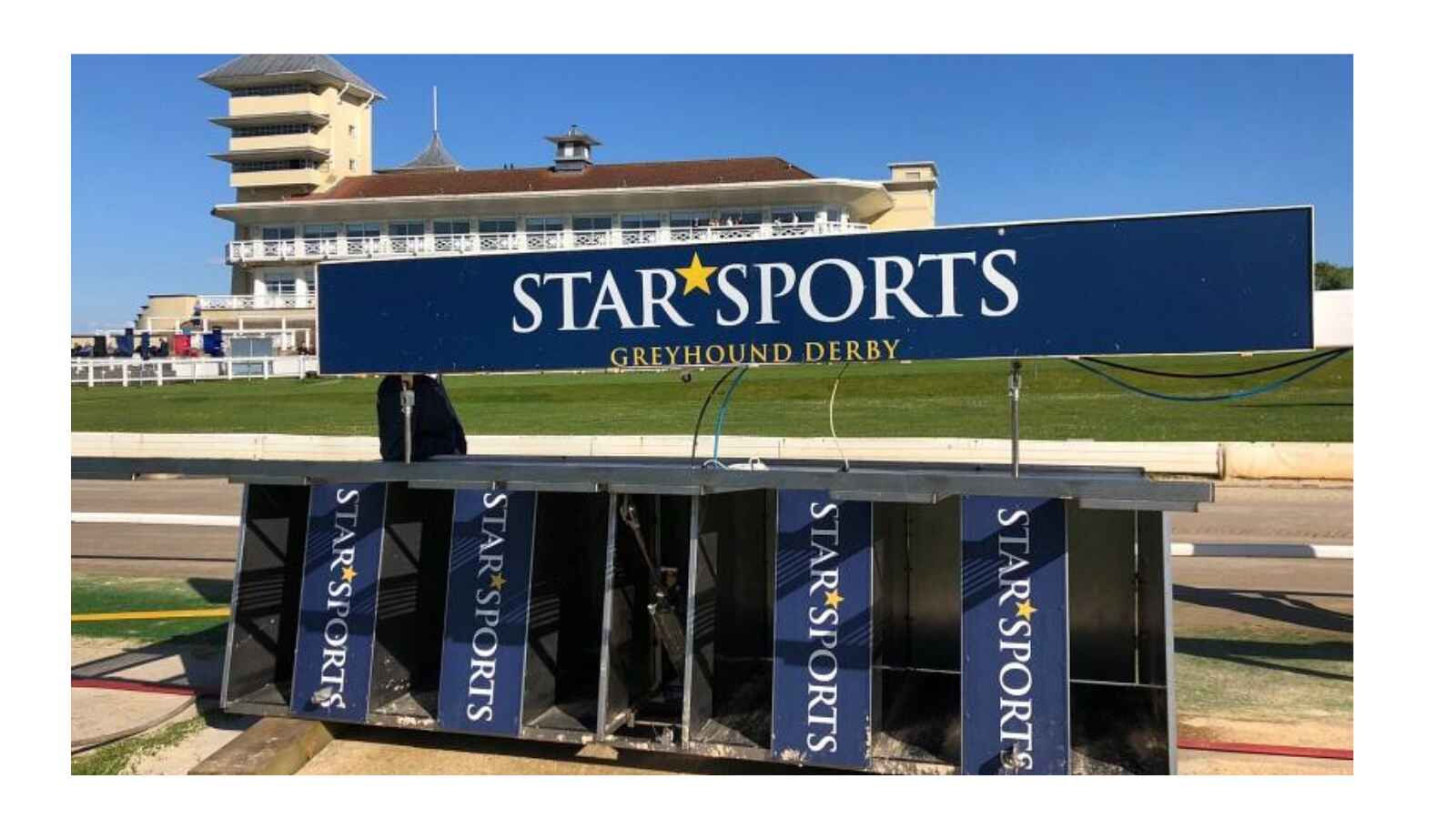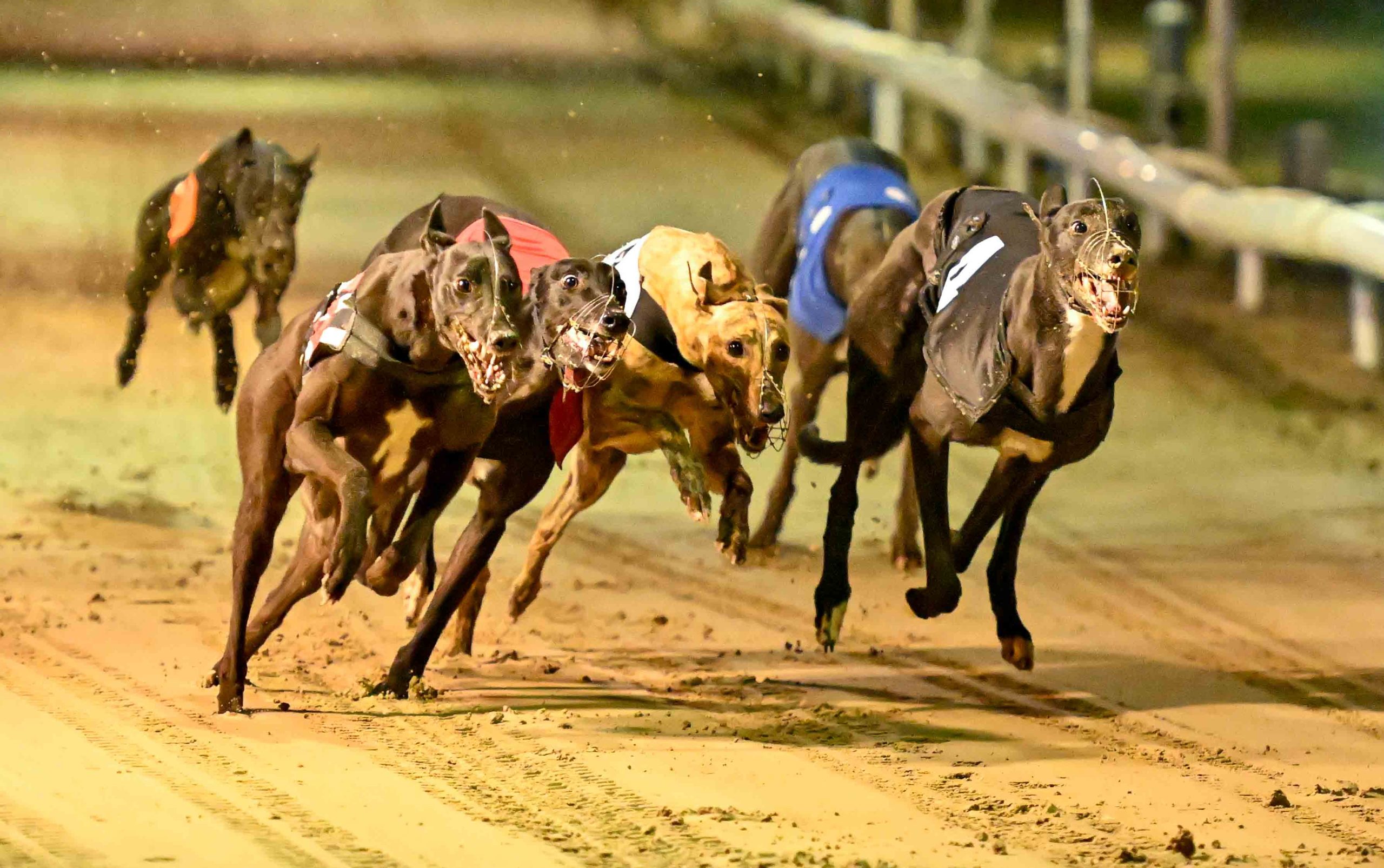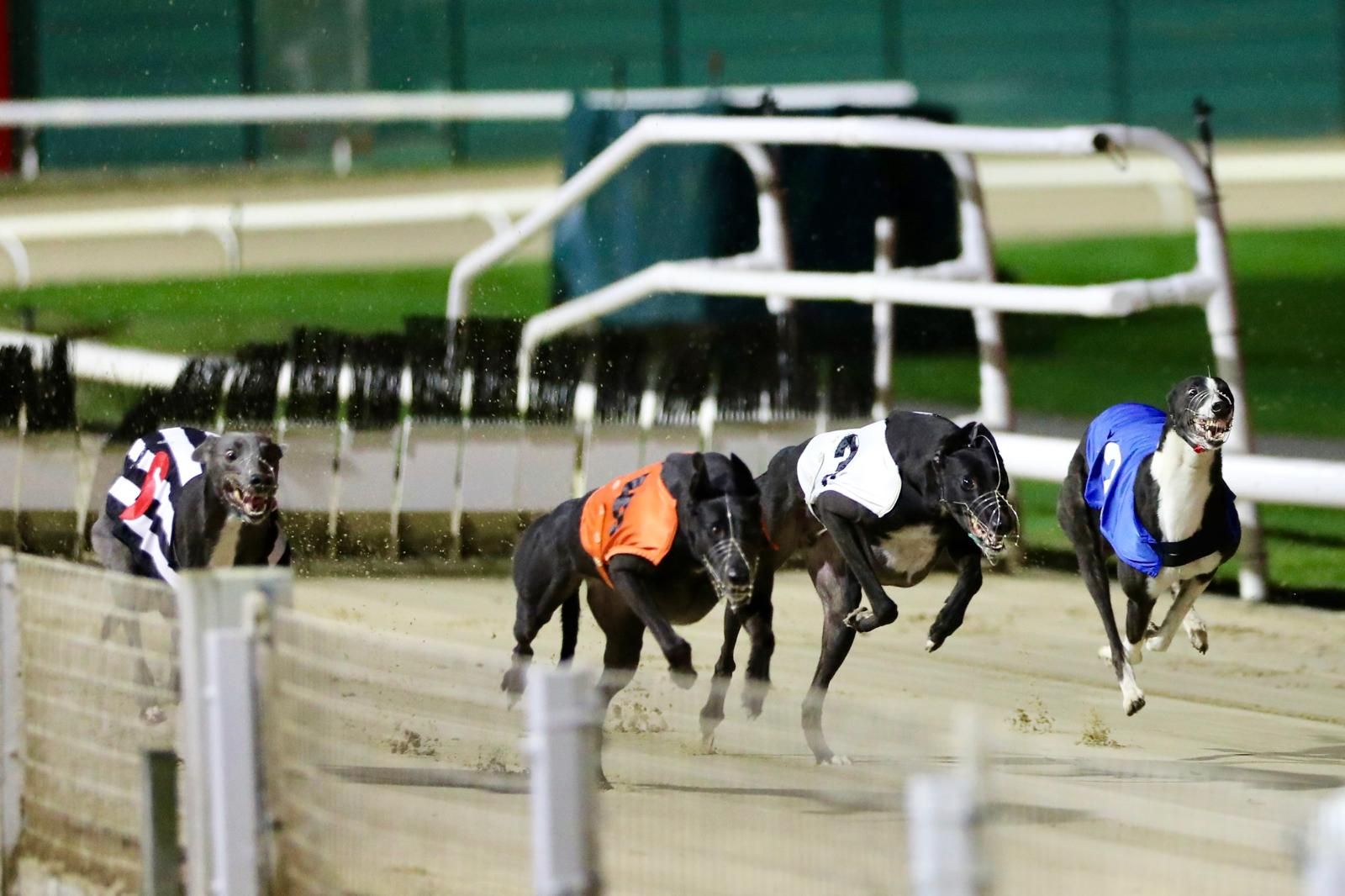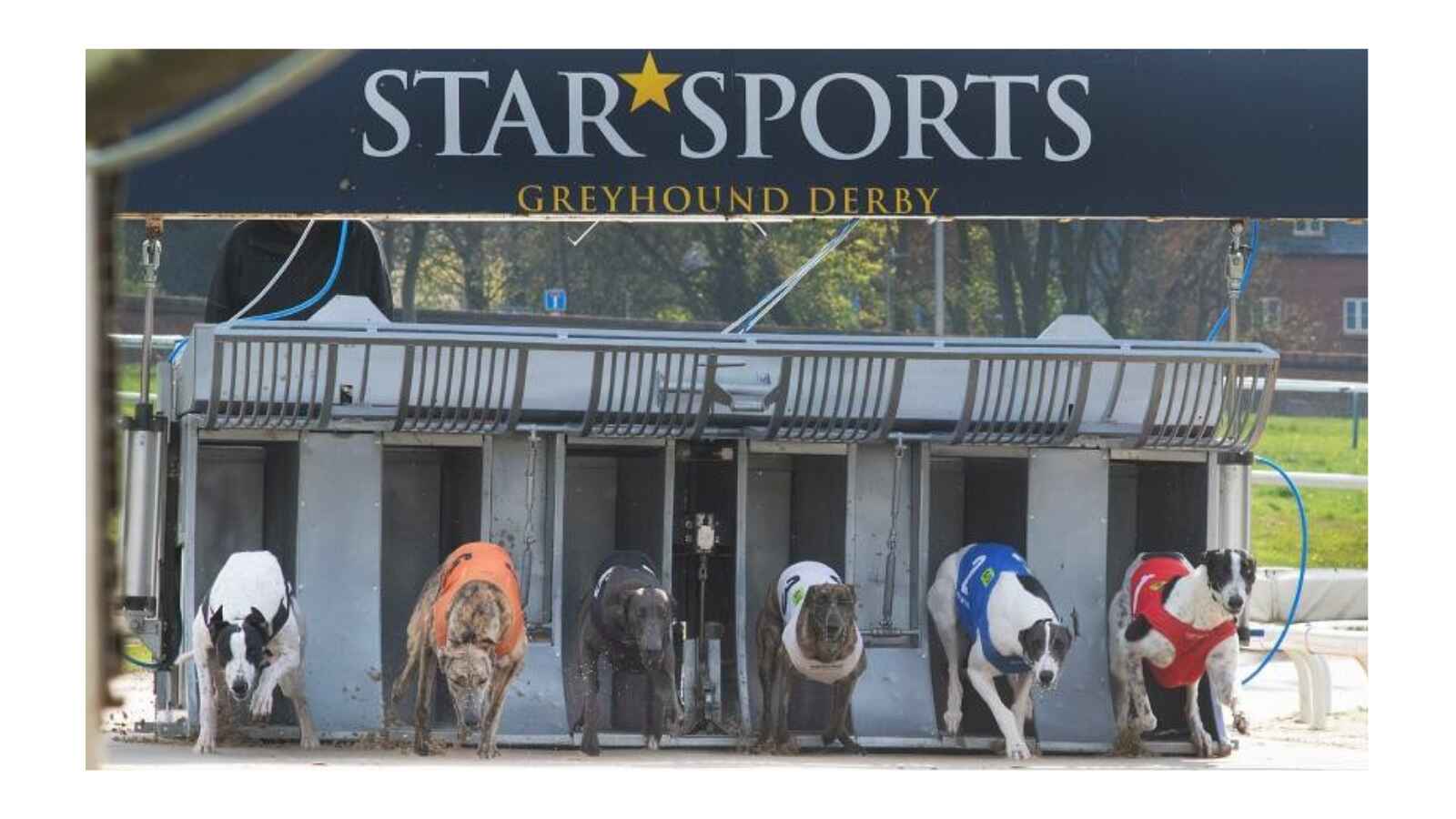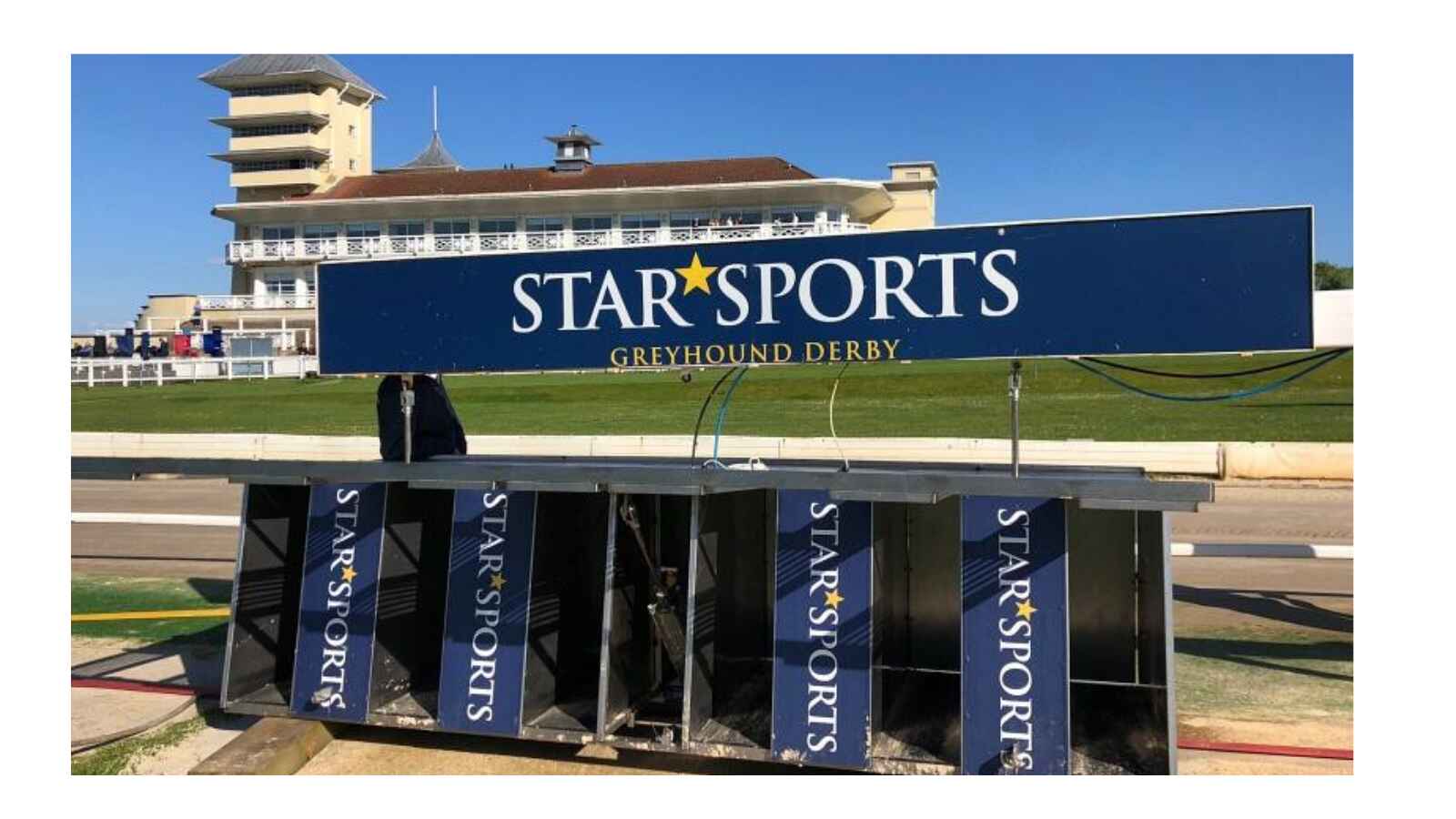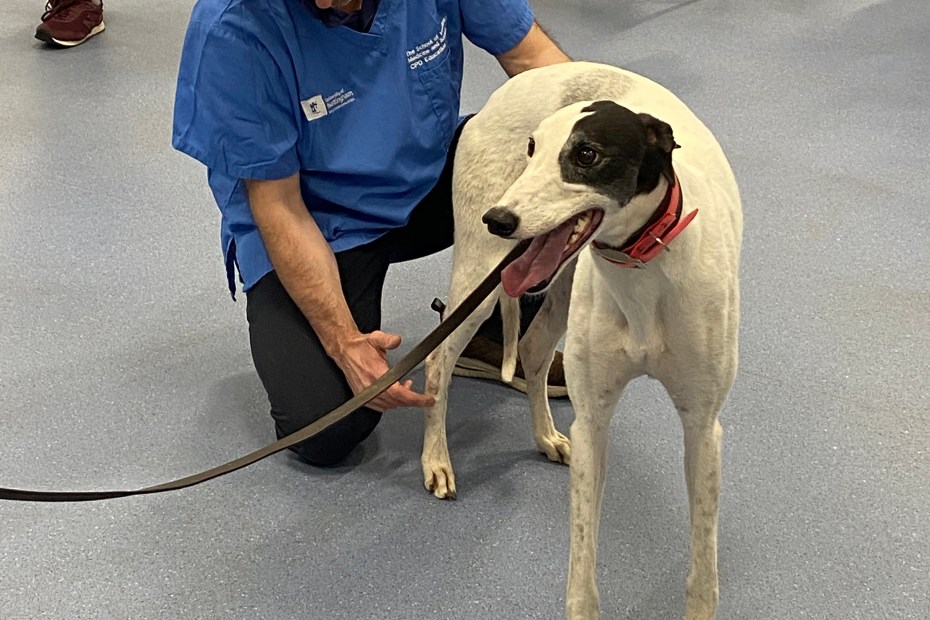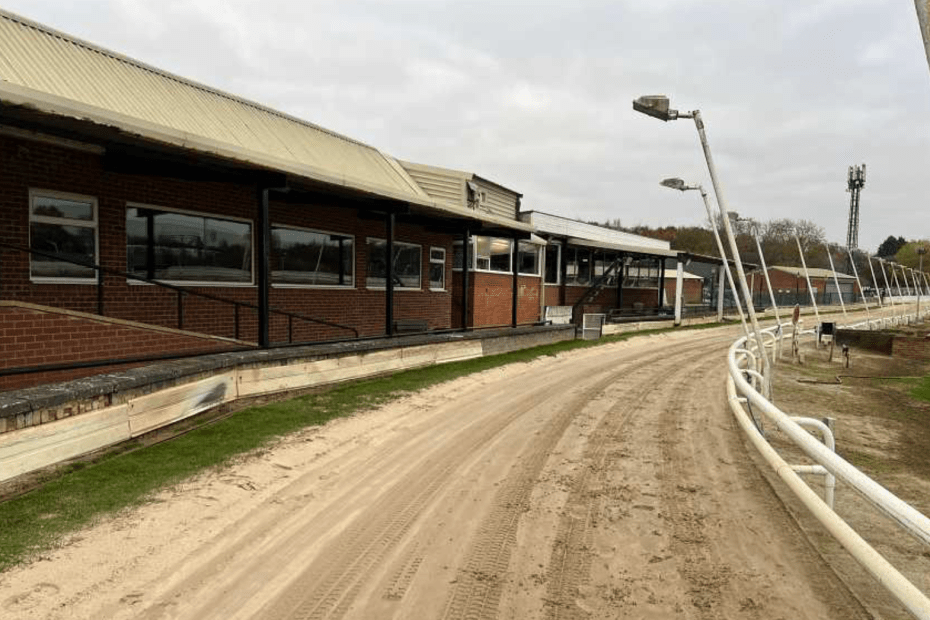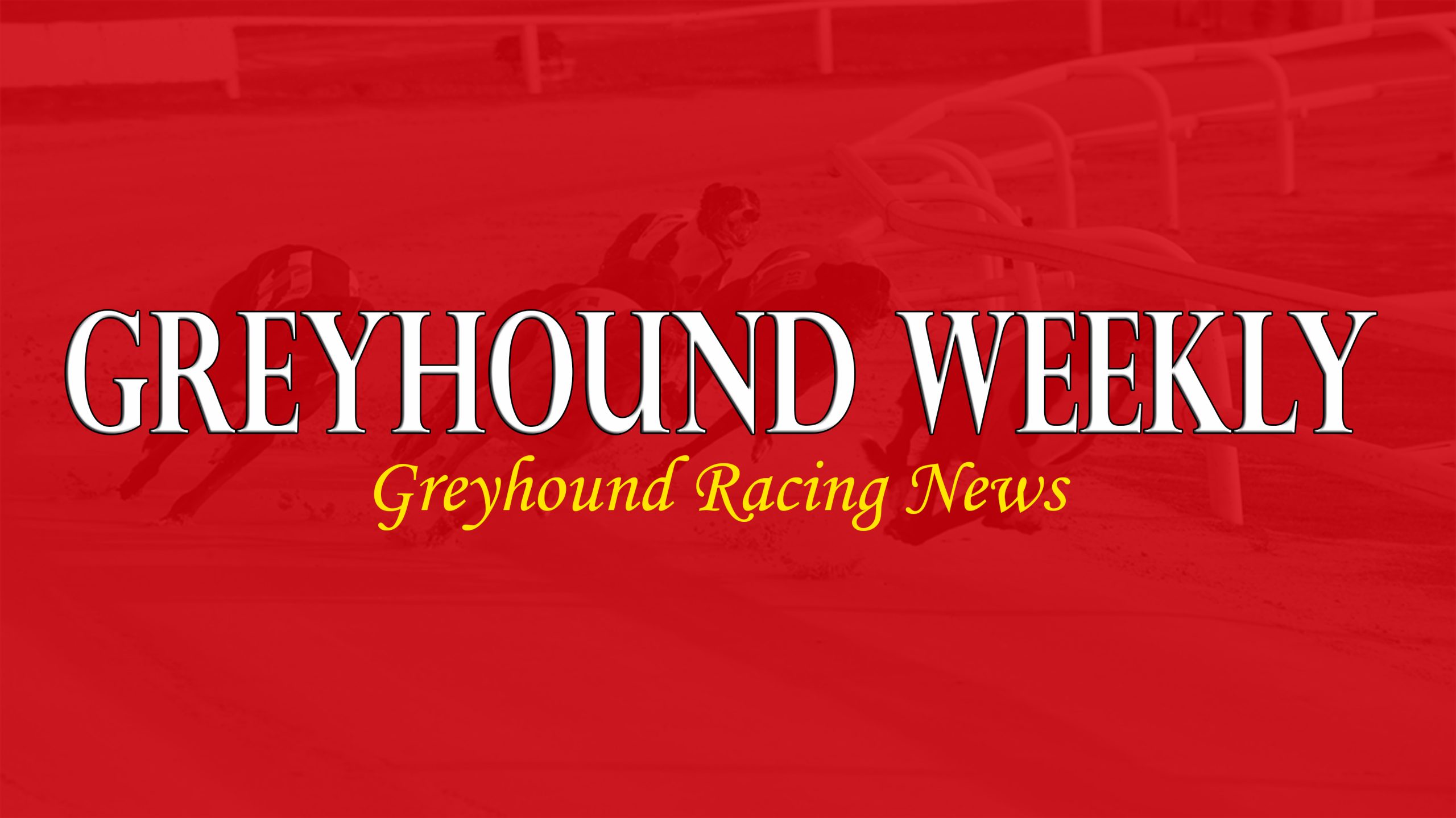
Representatives of the working group formed following the publication of an open letter to the GBGB met with the Board yesterday, to discuss the ownership experience and the marketing of the sport.
The working group was represented by trainer Tom Heilbron, Coppice Racing owner Tony Brealey, kennel hand Callum Field-Mullins, owner Brian Hough and owner/syndicate manager George Sell.
In advance of the meeting, The Greyhound Weekly ran a survey of owners to gauge sentiment among those in the sport. The survey had 118 respondents and, while a small sample size, was felt to reflect areas of dissatisfaction among owners at tracks across the country.
Of the respondents:
• 18 spend between £5,000 to £10,000 per year on ownership; a further 23 spend between £3,000 and £5,000
• 22 are involved in 10 or more greyhounds
• 14 rated the overall experience when they go to the track as excellent (highest rating)
• 27 rated it as unsatisfactory (lowest rating)
• 106 said prize money is too low or way too low
• 8 said prize money is enough
• 17 are members of an owners group
• Average daily rate paid to trainer is £8 to £10
• 24 are very likely to still be an owner in three years’ time
• 50 are very unlikely to still be an owner in three years’ time
GBGB was represented by Jeremy Cooper (chair), Mark Bird (CEO), Mark Moisley (commercial director), Bill Glass (promoter director), Simon Franklin (director) and Ian Foster (owners rep, director).
The first point discussed was how to attract new owners to the sport as well as re-engaging former owners who are no longer involved. It was recognised that a solid owner base has numerous benefits to the sport, primary among them is the likelihood that dogs with owners, particularly syndicate owners, will be rehomed faster than those owned by trainers or tracks.
Other benefits include better attendance and atmosphere at tracks, increased betting turnover and the resulting funding for the sport, and the potential for word-of-mouth advocacy from engaged owners who could persuade their friends and family to get involved.
The huge potential of social media in this respect was highlighted. Tom Heilbron discussed his effective use of social media and said the vast majority of runners in his kennel have owners, many of whom are not local to his kennel, in fact some are overseas, but they are kept engaged and informed by social media posts. It was suggested that the trainers who are the most active on social media have some the highest proportions of dogs with owners. GBGB confirmed that it has recruited a new marketing manager who, whilst they will have a strong focus on supporting GBGB’s work around homing of retired greyhounds, will also help drive forward its social media strategy.
A key concern highlighted throughout the meeting, however, is the growing number of greyhounds trained on a run-money deal – that is, the owner pays no bills and any money earned from running the dog goes to the trainer. Both the Board and the working group expressed their opposition to this as it is not a sustainable model for trainers or owners and is exacerbating the homing crisis. Of the 118 polled in the Greyhound Weekly survey, 16 said they were on run-money deals, which it was suggested on the call was not representative of the wider industry where the proportion is likely to be higher.
Promotion of well-run syndicates with realistic and transparent finances was discussed as a good route to reducing the number of run-money deals while growing the ownership base.
The Board shared details of National Greyhound Week (NGW), which runs from 26th August to 1st September, and which will include initiatives to encourage new audiences into the sport. It was suggested that next year’s NGW could include kennel visits, to give people a first-hand look at how well racing greyhounds are kept and what their daily routine entails. GBGB confirmed this was already being explored.
There was also an update on the proposed code of practice for tracks which was discussed in the last meeting between the working group and the Board. Subject to a couple of minor amendments, the code will be presented for approval at the next GBGB Board, and will be followed by similar codes for trainers and owners.
George Sell said: “This was another candid and frank meeting where strong views were shared. I’m glad that we are close to getting the code of practice for tracks being passed by the Board. This shows that by taking the time and effort to communicate, our two groups can get things done. It’s also clear we are in agreement that owners need to be better looked after and we need to not only stem the flow of owners leaving the sport, but to attract new ones too. There is no single solution to this issue but the potential for targeted use of social media to help is huge, so it was good to hear of the GBGB’s new appointment in this department.”
“The survey showed that practically every owner feels prize money levels are insufficient, and this is one of the factors leading to the growth of run-money deals, something which I personally feel is completely the wrong direction for the sport to be heading in. We knew coming in to this process of dialogue with the GBGB that there would be no magic wand with which we can fix the sport’s problems, and achieving the goals of our group is not going to be achieved overnight. But our dialogue with the Board is ongoing and we are making steady progress, which I hope will continue in the forthcoming meetings.”
GBGB Chief Executive Mark Bird said: “Owners play a hugely important role within our sport so the meeting was a welcome and constructive conversation which looked at both the opportunities for retaining and attracting owners within the sport and the challenges we have with current practices such as run-money only deals. As always, there was healthy debate on certain topics but just as much shared sentiment – not least on the desire for a successful, sustainable sport which can deliver consistently good standards for all stakeholders.”
“We were also pleased to be able to share some of the plans that we already have in place, or in progress, which I very much hope gave confidence to the working group of our ambitions for the sport. Whilst many aspects of the ownership experience are not within GBGB’s power to control, we were keen to emphasise our willingness to do what we can to support and amplify initiatives which could help. The continued development of shared codes of practice for tracks, owners and trainers – reflecting the sense of collective responsibility we all have towards our sport – will, we believe, be another a positive step forward.”
The meeting was the third of six currently scheduled – the next three will cover:
Meeting 4 Welfare, safety and rehoming
Meeting 5 Careers and training
Meeting 6 Roadmap for the future

